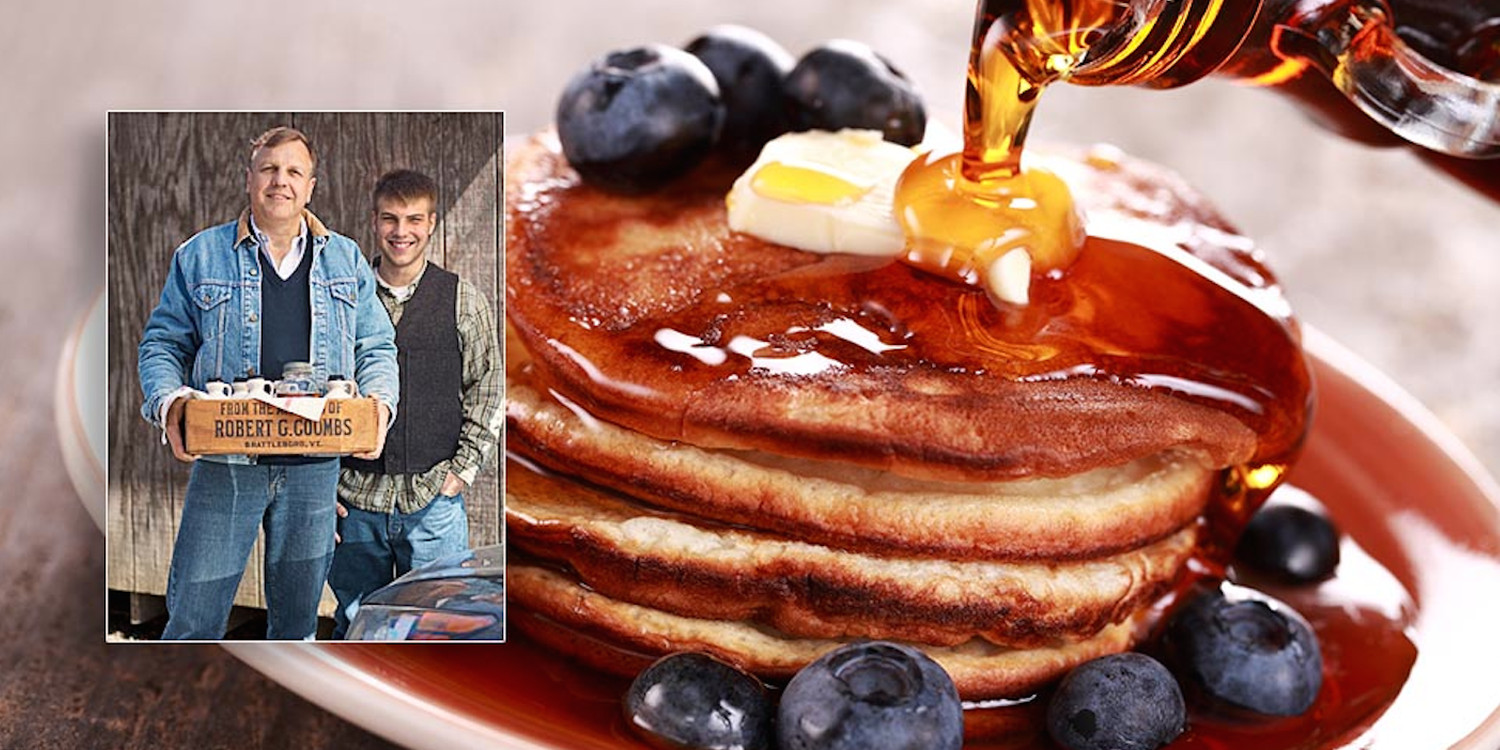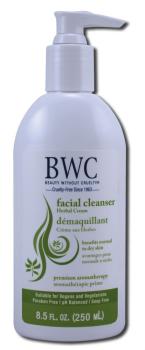Maple syrup, like pretty much all things that come from nature, has been put through the modernization mill from farmer to seller. Maple trees are tapped too aggressively to get more sap, it’s diluted with fillers, and often there’s not even any actual syrup in your syrup. Pick up a bottle of Aunt Jemima and look at the ingredients; it’s all high-fructose corn syrup and flavorings.
But Arnold Coombs of Coombs Family Farms is doing everything he can to keep the traditional maple syrup production and manufacture alive—and organic.
Certified Organic Maple Syrup
A surprising number of rules differentiate certified organic maple syrup from conventional. “It starts with having a written forest management plan that shows you are practicing sustainable forestry and then making sure you follow it,” Coombs explains.
“Then, it’s how you are tapping the trees: Are you overtapping? Are you going too far into the tree?” Coombs inserts a maximum of two taps into each tree, which he says does no harm.
Today, farmers use a system of plastic tubing that runs between the spouts of the trees into a central holding tank. It saves time and requires less driving for sap collection. For organic syrup, the tubing cannot be cleaned with harsh chemicals. Coombs doesn’t apply chemicals on his own operation—which uses 450 miles of tubing in the woods—even those approved for organic syrup harvest. “We don’t find they’re all that effective; so we use pulsating air and water, and that cleans it as good as anything else.”
During the sugaring, or boiling down, of the sap, conventional syrup farmers may use an animal byproduct to reduce foam that gathers on the hot sap, whereas organic farmers use an organic plant-based defoamer.
Additionally, to produce certified organic maple syrup, the trees must be a defined distance from roads (if salt is applied) and other crops that might be sprayed with pesticides, to avoid runoff and drift, according to Coombs.
Depending on where you live, real and organic maple syrup is available at many farmers’ markets. It’s a heck of a lot more expensive than the imitation stuff, but it’s one product not worth skimping on if possible. To read more about maple syrup and Arnold Coombs, check out this feature story on Organic Connections.




